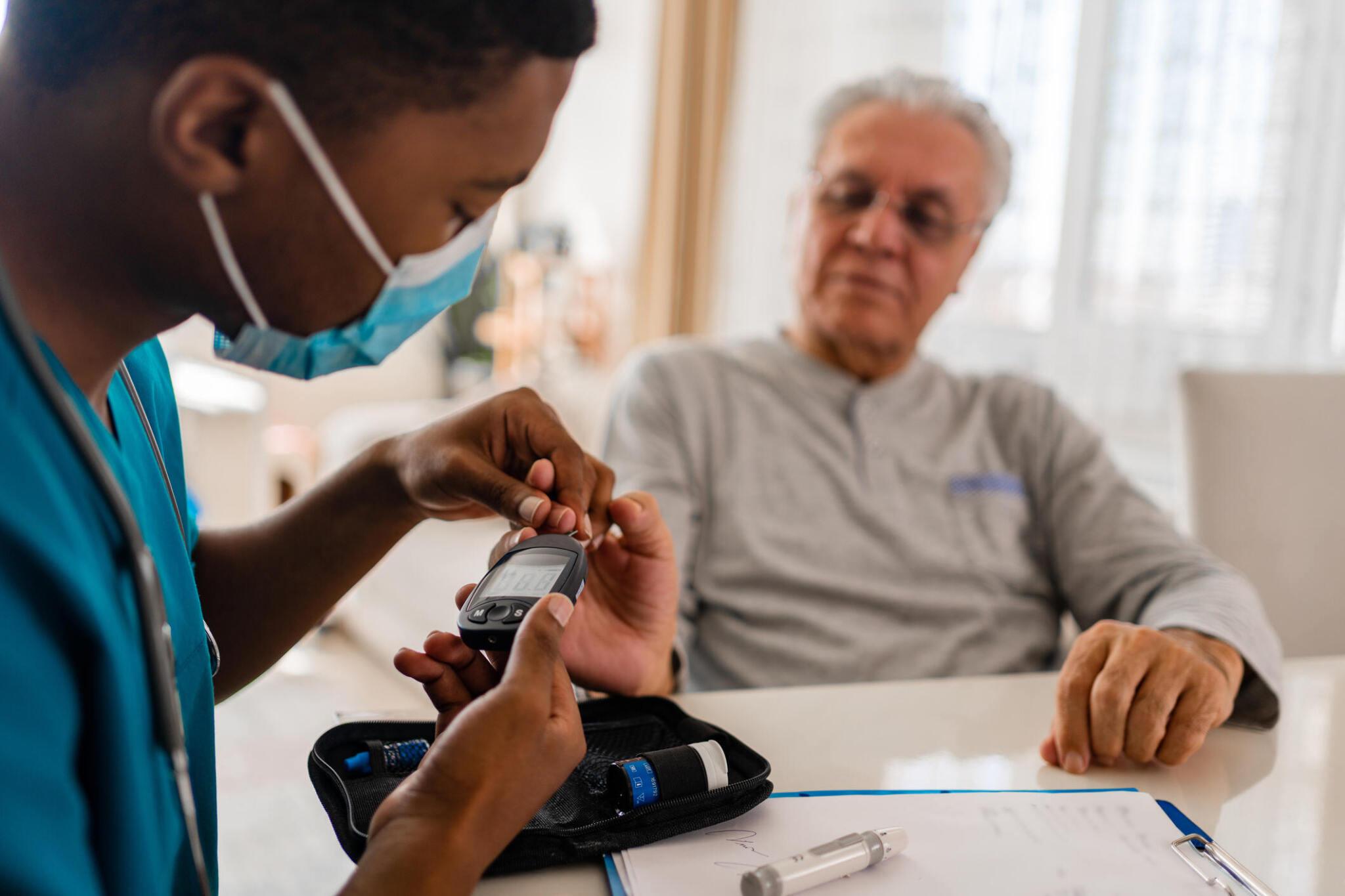Diabetes is a widespread chronic condition impacting millions worldwide, and as the search for effective management strategies continues, there’s a growing interest in the potential role of marijuana in diabetes care. The question on many minds is, “Is marijuana good for diabetes?” In recent years, intriguing findings have emerged, suggesting that marijuana may offer certain advantages for individuals dealing with diabetes.
In this blog, we’ll delve into some potential benefits and considerations surrounding the use of marijuana in diabetes management.
Is Marijuana Good For Diabetes? Here Are Some Of The Benefits.
- Weight Management
One of the risk factors for developing diabetes is an increased waist circumference, indicating excess abdominal fat. Managing weight becomes crucial in lowering the risk of insulin resistance and diabetes development. A study has shown that recreational marijuana use is associated with a smaller waist circumference. This implies that marijuana might play a role in reducing the risk of insulin resistance, thus potentially lowering the chances of developing diabetes.
Beyond just the numbers on the tape measure, the connection between marijuana and weight management may extend to the metabolic level. Further research is needed to understand the mechanisms behind this association and whether specific compounds in marijuana contribute to these effects.
- Blood Sugar Management
Marijuana may play a role in managing blood sugar levels, particularly in individuals with type 2 diabetes. Studies indicate that marijuana could enhance insulin sensitivity, potentially leading to improved blood sugar control. Some research even suggests that recreational marijuana users exhibit lower fasting insulin levels compared to non-users.
However, it’s important to note that the relationship between marijuana and diabetes is complex. While some studies show promise, there isn’t enough conclusive evidence to fully understand the impact. Additionally, higher hemoglobin A1C test results, which measure average blood glucose levels, have been associated with marijuana use. These findings emphasize the need for more comprehensive research to clarify the influence of marijuana on blood sugar control.
- Peripheral Neuropathy
Peripheral neuropathy, a common complication of uncontrolled diabetes, can lead to nerve damage in the arms and legs. Managing nerve pain associated with diabetic peripheral neuropathy is a crucial aspect of diabetes care. Some studies suggest that marijuana may offer short-term relief from pain in patients resistant to other treatments.
Beyond pain relief, marijuana’s anti-inflammatory properties could play a role in protecting nerves from damage and preventing peripheral neuropathy. As with other potential benefits, more research is needed to establish the effectiveness and safety of marijuana in managing peripheral neuropathy associated with diabetes.
- Diabetic Retinopathy Prevention
Diabetic retinopathy, a condition causing damage to the eyes and potentially leading to vision loss, is a significant concern for individuals with diabetes. Interestingly, animal studies have suggested that marijuana use might be protective against the development of diabetic retinopathy. This protective effect is likely attributed to reduced inflammation and oxidative stress.
While these findings are promising, it’s essential to approach them cautiously, as animal studies may not fully represent human effects. Further research is crucial to determine whether marijuana can indeed help prevent diabetic retinopathy in human subjects.
Talk to a Medical Marijuana Provider Today
If you’re contemplating the question, “Is marijuana good for diabetes,” and considering exploring its potential benefits in diabetes management, it’s crucial to consult with a medical professional. Pause Pain & Wellness is here to assist you, with clinics across the state, including Oxford, Meridian, Flowood/Jackson, Tupelo, Olive Branch, Starkville, Hattiesburg, and Gulfport. Our dedicated team can provide guidance and support throughout the process. Contact us at 833-940-5060 to discuss your options and ensure a well-informed approach to your diabetes care.

